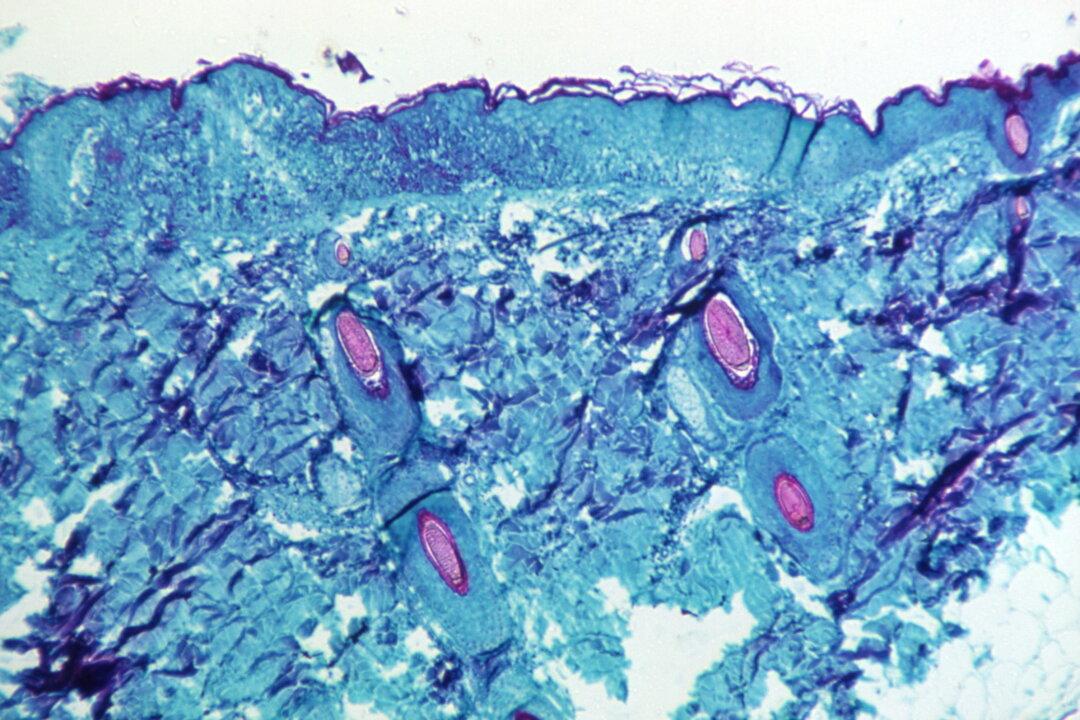The first major peer-reviewed study of monkeypox infections has found that the virus is primarily being transmitted through the sexual activity of gay and bisexual men in the United States and around the world.
The Journal of New England Medicine on Thursday published a study that looked at monkeypox infection across 16 countries between April and June, when cases began to emerge in countries outside of Africa.






